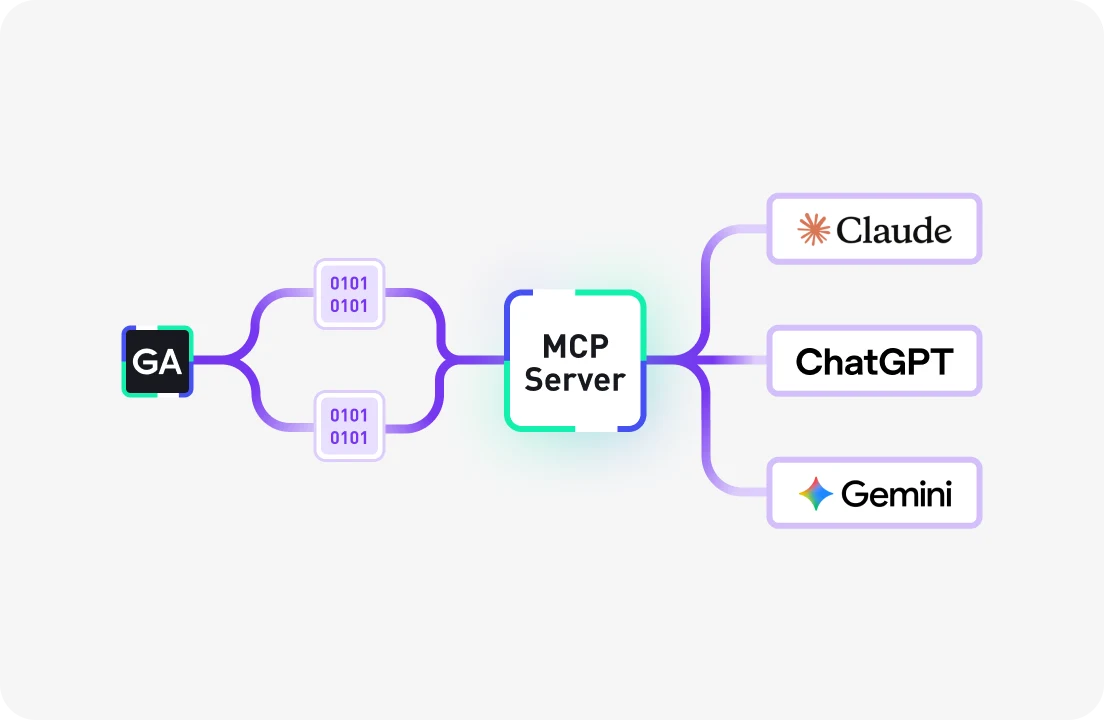
Learn the key habits of top hyper-casual game developers, from trendspotting to rapid testing, for a higher chance of success.
Editor's note: This article was written by Sarah D. Vries, Content Creator at Coda Games. You can find the original piece here. When it comes to developing a hit hyper-casual game, your chances for success are not entirely based on luck. Any successful hyper-casual developer can tell you that it’s a lot of hard work, trial, and error and identifying best practices that help optimize and streamline their development process.At Coda, we’ve had the pleasure of working closely with many talented developers, even having had the chance to interview those that have created hit games. From observation and conversations, we’ve come to realize that many often share the same habits and best practices that help them to increase their chances of success.Keep reading as we identify four key habits successful hyper-casual developers share and how you can employ them in your day-to-day development process.
1. They identify trends in the market
One of the key habits of successful hyper-casual developers is the ability to identify trends in the hyper-casual market. You may find you would have little success creating a ‘simulation’ game, if the current trend of games being installed are ‘tap timing’ or ‘swerve’ games. This is why it is critical to identify trends in the ideation phase, as it will help influence the eventual game concepts you will create prototypes for.Try to avoid being too innovative in the space and rather identify the gaps already present in the market and work to fill them.In our recent interview, Mubeen Iqbal from Arcadian Lab, the Pakistani-based studio behind hit game Police Quest, elaborated further on the importance of identifying trends. “I would say that as a first recommendation you should look to identify trending mechanics and what’s popular in the market. Try to avoid being too innovative in the space and rather identify the gaps already present in the market and work to fill them.”To identify these trends, there are a number of resources and tools that developers can use to help in their research. Many of these resources include third-party platforms such as GameAnalytics' Benchmarks+ or Coda Platform, that reveal valuable insights into current hypercasual trends and top-charting games.
2. They test their prototypes often

3. They start working with publishers early on
For many developers, working with publishers is often seen as one of the final stages of game development after your prototype has successfully passed a market test. However what some might not know is that working with a publisher early on in the ideation phase can give you a huge advantage and increase your chances of successfully publishing a game.The nature of publishing means that mobile game publishers receive up-to-date market intelligence and insight that can often be used to help identify trending game ideas and concepts. Nowadays, developers are no longer solely relied upon to come up with game ideas, as publishers become more involved in the ideation phase.Depending upon the publisher, you may find that publishers are actively sharing game concepts through partner programs (at Coda we actually have this type of program, learn more here) or looking to work on a pay-per-prototype basis. In any relationship with a publisher there are advantages, as it creates an opportunity for mutual exchange of concept ideas, advice and insights from the publishing team.4. They create effective gameplay videos
Early on we mentioned the importance of rapid market testing. In order to get an accurate reading of your game’s performance, however, you need to ensure that you are creating an effective gameplay video that will attract an accurate reading of the marketability of your game.Depending on the publisher you work with, you’ll generally need to provide a short 15-30 second video of your game. To create an effective gameplay video, we suggest including:
- A fail scene in the first 5-10 seconds: It will help demonstrate to the audience what not to do in the game and will have them watching to see how they win instead
- Use eye-catching levels and artwork: best practice is to showcase levels that have eye-catching artwork or backgrounds and colours that are visually appealing.
- Keep it simple: Ensure that the overall gameplay is kept simple and uncluttered by editing out or cropping out unnecessary UI elements or buttons.
- Where applicable include a Callout message or Mission: including a statement or callout engages the audience and prompts them to view the video and understand the context behind the callout.
While a little luck in hyper-casual development is always welcomed, it’s employing effective habits and executing tried and proven techniques that will help increase your chances of success. Identifying market trends, working with publishers, testing often and creating effective gameplay videos are some of these proven habits that will help optimise your development process.In the mood for some more reading? Have a read through our article on how to find and hire a game dev team.




